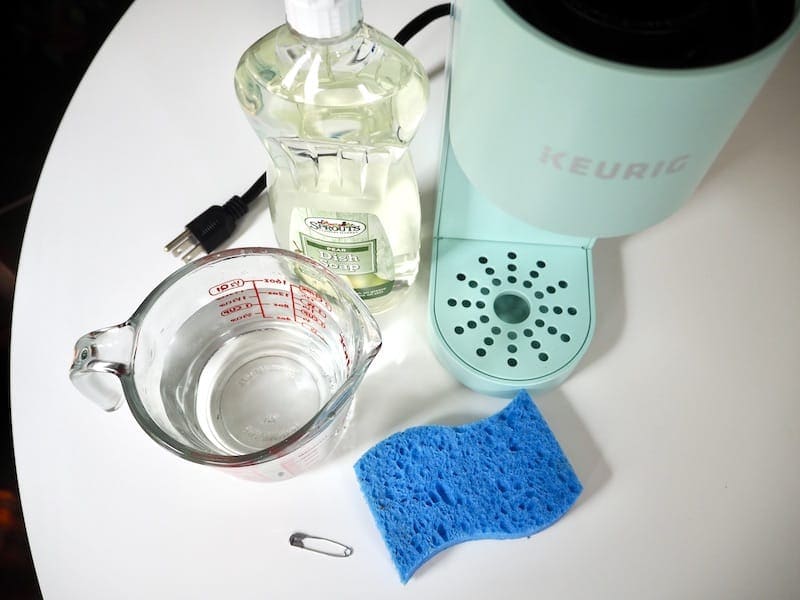
You are standing in the coffee aisle at the grocery store. You’re out of paper coffee filters — and expecting to simply grab a box of filters and go. But should you choose brown or white coffee filters? How do you choose the best option, and what’s the difference between these filters?
We’re here to answer these questions and help you choose the right filters, whether you’re buying for a drip machine or a pour-over brewer. Scroll down to learn everything you’ve ever wanted to know about brown vs white coffee filters.

Where Do Paper Coffee Filters Come From?

A German woman named Melitta Bentz invented paper coffee filters back in 1908. Searching for a clean, clear cup of coffee, she folded a piece of blotting paper and brewed her coffee through it. The results were so good that she patented her idea! These days, the Melitta company makes inexpensive pour-over coffee makers — and the classic numbered paper filters, of course.

What’s the Difference Between Brown and White Coffee Filters?
Brown and white coffee filters are made from the same kind of paper. The difference is how they are processed. Contrary to popular belief, the brown color does not mean these filters are made with recycled paper. Brown filters are simply made with unbleached paper. They’re less processed overall.

To make white coffee filters, manufacturers have to bleach the paper. This can be done in two different ways: chlorine and oxygen bleaching. Chlorine bleaching is inexpensive but chemical-heavy, producing toxic compounds that can harm the environment. Oxygen bleaching is also inexpensive (once the factory is set up) and much more environmentally-friendly. The result is a bright white filter without any natural coloring.
Keep in mind that many pour-over coffee brewers use specially designed paper filters. You’ll want to buy filters that go with your brewer — whether you choose brown or white versions! Companies like Hario, Melitta, and Chemex sell both white and brown paper filters.
Which Makes Better Coffee?

The short answer is that the color of your coffee filter probably won’t substantially change your coffee. Brown and white filters are made of the same material and will produce the same coffee. There is a slightly higher chance that you’ll find a papery flavor in your coffee if you use brown filters, but that’s easily prevented with a quick rinse.
SEE ALSO: All About Filters (3 Different Types)
Which is Better for the Environment?

Because of the extra processing, white coffee filters are harder on the environment. The chlorine bleaching method, in particular, produces several toxic chemicals that can be hard to dispose of. Brown filters require a lot less processing time, which translates to less energy and water usage. The bottom line? If protecting the environment is a priority for you, you’ll probably want to stick to brown coffee filters.

Brown vs White Coffee Filters: How to Choose
So should you choose brown or white coffee filters? This comes down to personal preference. If you’re concerned about the environment or the chemicals used in bleaching, you may want to stick with brown coffee filters. If you like the look of the white filters or want to avoid any papery taste, you may prefer the bleached variety. Either way, you’ll be able to brew tasty, clear coffee — thanks to the inventor of filtered coffee, Melitta Bentz! We hope you enjoy your coffee, whether you brew with brown or white coffee filters.
- Less processed and more natural
- Better for the environment
- Less papery taste
- Clean white appearance
More great reads:















